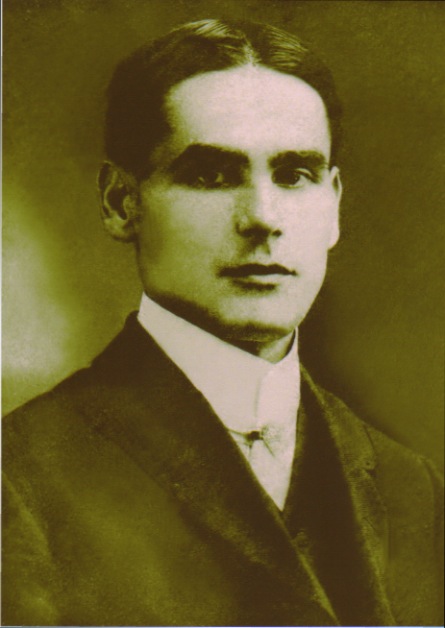"Come out on deck and have a look, Darky!'" Jepson cried, rushing into the half deck. "The Old Man says there's been a submarine earthquake, and the sea's all bubbling and muddy!"
Obeying the summons of Jepson's excited tone, I followed him out. It was as he had said; the everlasting blue of the ocean was mottled with splotches of a muddy hue, and at times a large bubble would appear, to burst with a loud "pop." Aft, the skipper and the three mates could be seen on the poop, peering at the sea through their glasses. As I gazed out over the gently heaving water, far off to windward something was hove up into the evening air. It appeared to be a mass of seaweed, but fell back into the water with a sullen plunge as though it were something more substantial. Immediately after this strange occurrence, the sun set with tropical swiftness, and in the brief afterglow things assumed a strange unreality.
The crew were all below, no one but the mate and the helmsman remaining on the poop. Away forward, on the topgallant forecastle head the dim figure of the man on lookout could be seen, leaning against the forestay. No sound was heard save the occasional jingle of a chain sheet, of the flog of the steering gear as a small swell passed under our counter. Presently the mate's voice broke the silence, and, looking up, I saw that the Old Man had come on deck, and was talking with him. From the few stray words that could be overheard, I knew they were talking of the strange happenings of the day.







